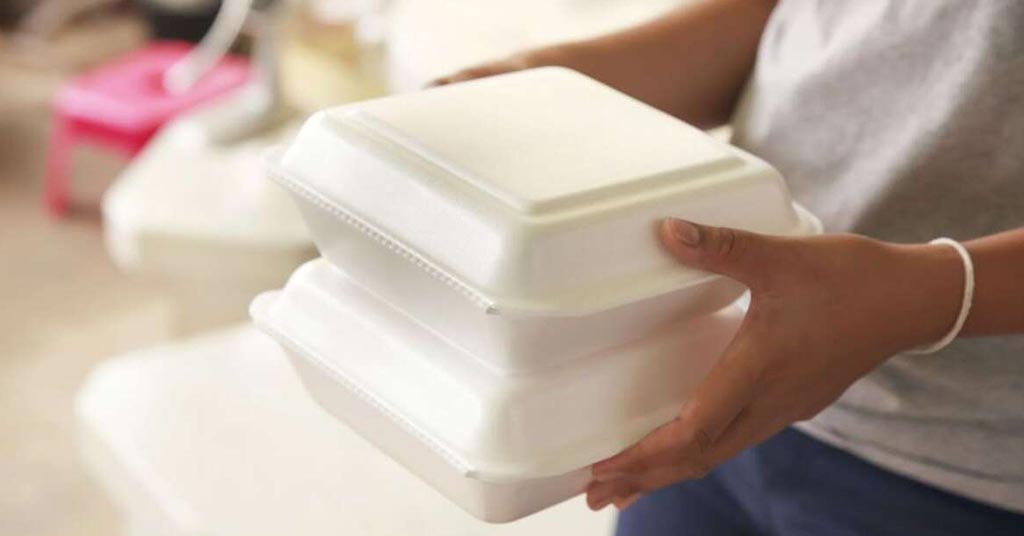Welcome To ChemAnalyst

The government of St Kitts-Nevis has taken a significant step in environmental stewardship by launching a plastic ban campaign. This initiative aims to enhance public awareness and garner support for the government's ambitious agenda, which includes the banning, phasing out, and replacement of specific single-use Styrofoam and polystyrene products. The Ministry of Environment, Climate Action, and Constituency Empowerment have outlined a comprehensive timeline for the ban, divided into three distinct stages.
The initial stage of the ban is set to be implemented by December 31 of this year, with the prohibition on the importation of single-use plastic shopping bags. This crucial step is geared towards reducing the environmental impact of these bags, which are notorious for their persistence in the environment and contribution to pollution.
Moving forward, the government plans to enforce the ban on the importation of single-use plastic shopping bags, excluding biodegradable bags, by March 31 of the following year. This strategic move not only addresses the environmental concerns associated with plastic bags but also promotes the adoption of more sustainable alternatives.
On June 30 of the same year, a ban is slated for the importation of all single-use Styrofoam food containers and plastic straws, which includes egg box trays. Styrofoam and plastic straws have been identified as significant contributors to environmental pollution, particularly in oceans and landfills. This ban aligns with global efforts to curb the usage of non-biodegradable materials and addresses the challenges posed by these items to the environment.
Adopting a holistic strategy, the government has designated September 30 of the following year as the deadline for prohibiting the sale of Styrofoam food containers, encompassing egg boxes, trays, and plastic straws. This strategic timeline allows for a phased transition, giving businesses and consumers adequate time to adapt to more sustainable practices and alternative packaging solutions.
The Ministry of Environment, Climate Action, and Constituency Empowerment underscore the overarching goal of the campaign: to diminish the federation's existing negligible contribution to global warming. By tackling the pervasive use of non-biodegradable items, the government aims to mitigate the devastating impacts on the region's oceans, landfills, and the overall environment. This initiative is particularly significant given the historical trend of larger countries contributing substantially to environmental degradation.
St Kitts-Nevis recognizes its responsibility to address environmental challenges and reduce its ecological footprint. The plastic ban campaign aligns with international efforts to combat climate change, promote sustainable practices, and protect biodiversity. By taking proactive steps to ban non-biodegradable items, the government sets an example for responsible environmental governance and underscores the importance of collective action to preserve the planet.
We use cookies to deliver the best possible experience on our website. To learn more, visit our Privacy Policy. By continuing to use this site or by closing this box, you consent to our use of cookies. More info.
